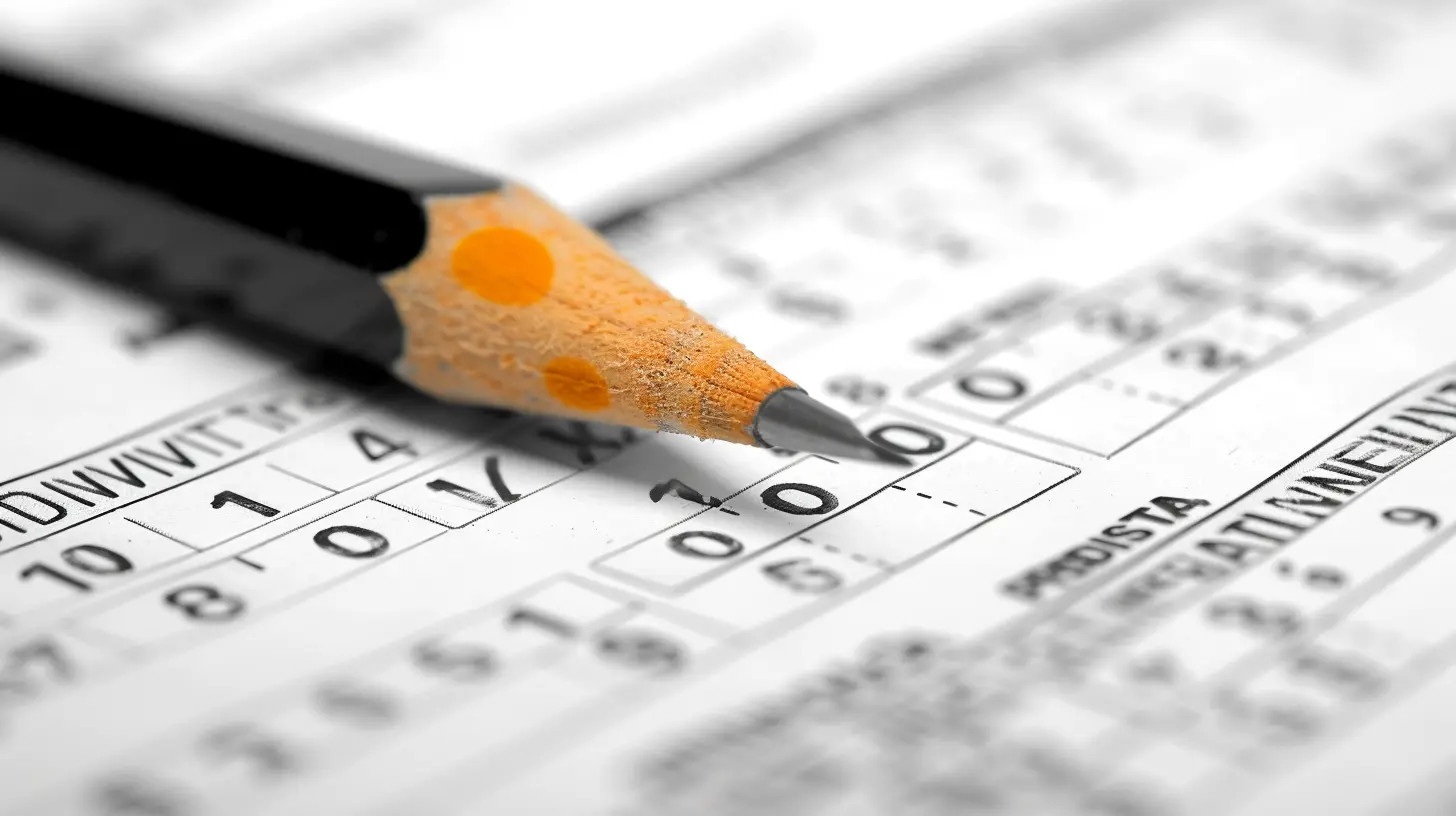How to Prepare for Essay-Based Exams
7 September 2025
Essay-based exams can feel overwhelming, but with the right preparation, you can tackle them confidently. Unlike multiple-choice tests, these exams require critical thinking, structured arguments, and strong writing skills. So how do you prepare effectively? In this guide, we’ll break down the best strategies to help you write high-quality essays under exam conditions. 
Understand the Exam Format
Before you even start studying, familiarize yourself with the structure of the exam. Ask yourself:- How many essay questions will you need to answer?
- Will you have a choice of topics?
- How much time will you have per question?
Knowing what to expect helps you create an effective study plan. If your professor provides past papers or sample questions, go through them to identify patterns in the type of questions asked. 
Analyze the Essay Topics
Professors don’t just pull essay questions out of thin air. Most questions are based on key concepts, themes, or debates covered in your course. To prepare:1. List the major topics covered in class – Pay attention to recurring themes in your readings and lectures.
2. Identify potential questions – Try to predict possible essay prompts based on past exams or discussions.
3. Think critically – Don't just memorize facts; understand the arguments, counterarguments, and real-world applications. 
Organize Your Notes Efficiently
Your notes are your best friend during revision. But scattered papers and messy notebooks won’t help when time is limited. Use these organization tips:- Summarize each topic in a few bullet points.
- Use color coding or highlighters to emphasize key concepts.
- Create mind maps to connect ideas visually.
- Write flashcards with key terms and definitions.
An effective study approach is not just about reading; it’s about making your notes easy to digest. 
Master the Art of Essay Structure
Exams aren’t the time to experiment with different writing styles—you need a clear and coherent structure. A solid essay should include:1. Introduction
Start with a strong thesis statement that directly answers the question. Provide a brief overview of what your essay will cover.2. Body Paragraphs
Each paragraph should focus on a single point and include:- A topic sentence that introduces the argument.
- Evidence from class materials, research, or examples.
- Analysis explaining how the evidence supports your argument.
3. Conclusion
Summarize your key arguments and reinforce your thesis statement. Avoid introducing new ideas here!Practicing essay structures in advance will make it easier to craft well-organized responses under pressure.
Practice Writing Under Timed Conditions
Writing a brilliant essay in a calm environment is one thing, but doing it under time constraints is another challenge. To improve your speed and efficiency:- Set a timer and write full practice essays within the exam’s time limits.
- Focus on clarity and conciseness—avoid overcomplicated sentences.
- Don’t get stuck on one point—move on if you’re running out of time.
Timed practice helps you balance quality with speed, ensuring you fully answer the question without running out of time.
Develop a Strong Thesis Statement Fast
Your thesis is the backbone of your essay—it’s the argument you’ll be defending. The quicker you can develop a clear thesis, the easier it becomes to organize your response.Here’s a simple formula:
Thesis Statement = Clear Position + Main Supporting Points
For example, if the question is: "Discuss the impact of social media on modern communication."
A strong thesis might be:
"Social media has revolutionized modern communication by increasing accessibility, influencing social interactions, and expanding information dissemination, despite some negative consequences."
This statement sets a clear direction for your essay and provides a roadmap for your main points.
Use Examples and Evidence
A great essay isn’t just about opinions—it’s about backing up your points with solid evidence. Think about:- Real-world examples (historical events, case studies, statistics).
- Class materials (lecture notes, textbooks, academic articles).
- Logical reasoning (cause-effect relationships, comparisons).
If you struggle to recall evidence under pressure, make a habit of jotting down key examples during your revision.
Work on Your Writing Style
Even if you have brilliant ideas, poor writing can hurt your grade. Keep your writing:- Clear and concise – Avoid fluff and get straight to the point.
- Well-organized – Use transition words to connect ideas smoothly.
- Grammatically correct – Spelling and grammar errors can make your essay harder to read.
One trick is to read past essays aloud—if a sentence feels awkward, rewrite it for better flow.
Memorize Key Quotes and Facts
If your subject requires textual analysis (like literature or history), memorizing a few key quotes or facts can significantly boost your argument. But don’t just memorize blindly—understand how to integrate them effectively into your essay.A useful method is to create a "Quote Bank" with key phrases and their explanations. That way, you’re prepared to use supporting evidence smoothly.
Manage Exam Stress
Even the best preparation won’t help if anxiety takes over. Fight exam stress with practical steps:- Get enough sleep – Pulling an all-nighter won’t help if your brain is exhausted.
- Eat well – A balanced meal before the exam keeps your energy levels up.
- Take breaks – Staring at notes for hours without rest isn’t effective.
- Practice deep breathing – Simple breathing exercises can calm your nerves before the exam starts.
A clear mind makes for clearer essays.
Use the First Few Minutes Wisely
When the exam starts, don’t rush into writing. Use the first 5-10 minutes to:1. Read all the questions carefully—Make sure you fully understand what’s being asked.
2. Plan your response—Jot down a quick outline of your main points.
3. Prioritize time—Allocate time based on the number of essays required.
A few minutes of planning can make your essay more structured and coherent.
Revise Your Work Before Submitting
If time allows, always review your essay before handing it in. Look out for:✅ Spelling and grammar errors
✅ Unfinished or unclear sentences
✅ Missing key points
Even a quick read-through can help catch small mistakes that could cost you marks.
Final Thoughts
Essay-based exams can be challenging, but with the right strategies, you can improve both your writing skills and confidence. Focus on understanding key topics, organizing your arguments effectively, and practicing under timed conditions. The more prepared you are, the better your performance will be.So, next time you sit down for an essay exam, take a deep breath, think critically, and write with confidence!
all images in this post were generated using AI tools
Category:
Test PreparationAuthor:

Olivia Lewis
Discussion
rate this article
1 comments
Elowyn McGehee
Great tips! Preparing for essay exams can be daunting, but these strategies make it more manageable and less stressful. Thank you!
September 20, 2025 at 10:48 AM

Olivia Lewis
Thank you for your kind feedback! I'm glad you found the tips helpful. Best of luck with your exam preparation!


